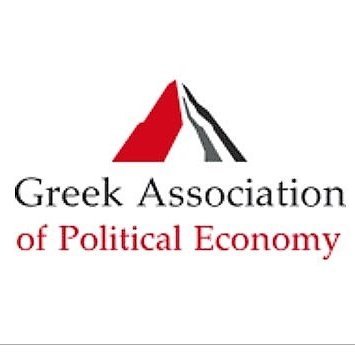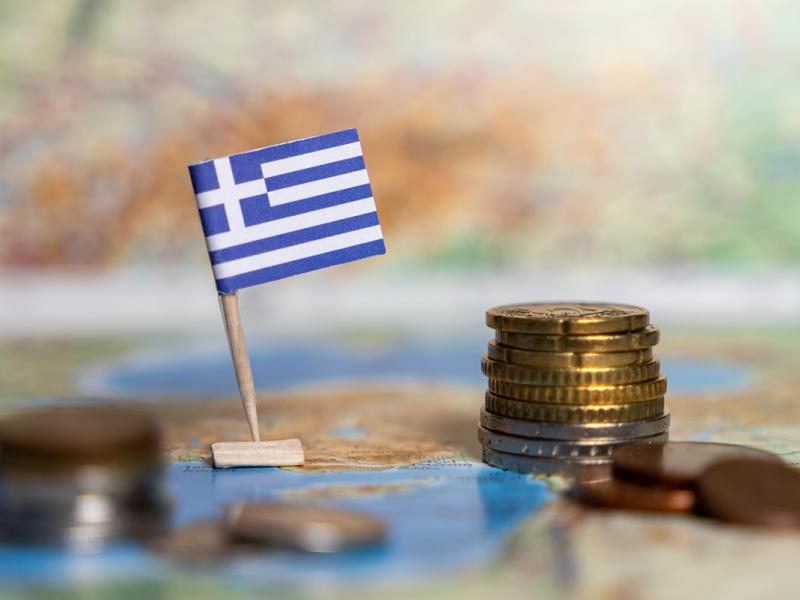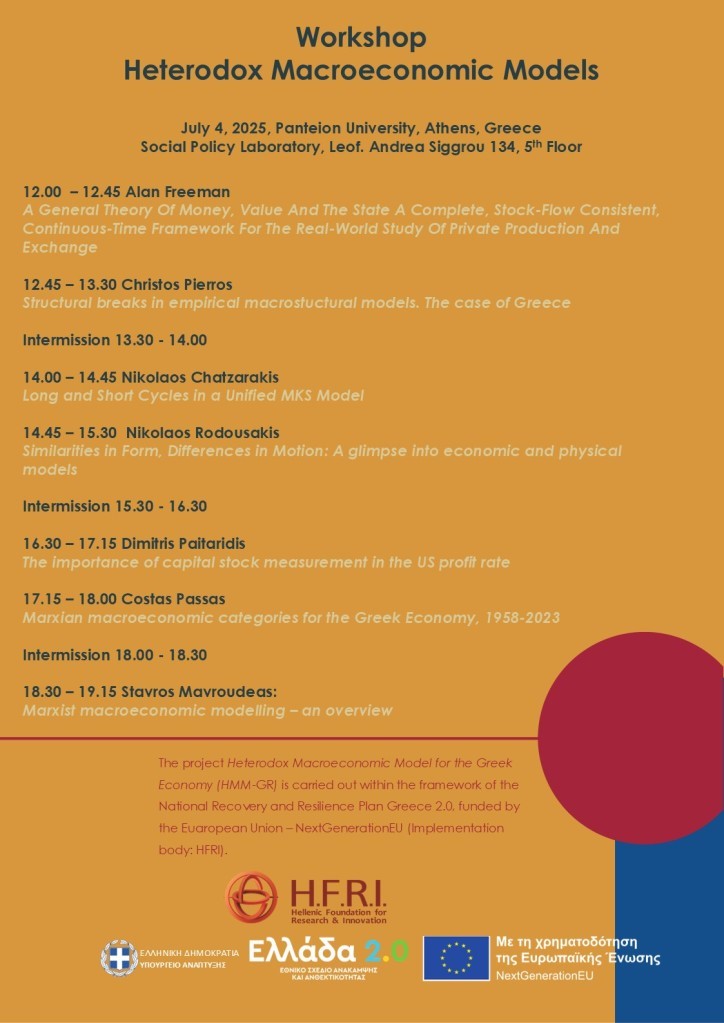IIPPE’s 7th Annual Conference in Political Economy, Lisbon, Portugal 7-9 September 2016
IIPPE International Initiative for Promoting Political Economy
IIPPE’s 7th Annual Conference in Political Economy is nearing. It will be held at the School of Economics & Management (Instituto Superior de Economia e Gestão, ISEG) in Lisbon, Portugal from the 7th till the 9th of September.
The broad theme of the 7th Conference is ‘Political Economy: International Trends and National Differences’. The economic crisis that has been unfolding since 2007 has had a severely asymmetric impact both within and between countries. The main schools of political economy have examined the crisis and its implications in detail. Those studies have offered valuable insights supporting further academic analyses and, most importantly, informing political action. The Seventh Annual Conference in Political Economy will review the development of political economy in response to the crisis, and the emergence and renewal of political economy in different countries and regions.
The Conference’s Venue is the School of Economics & Management (Instituto Superior de Economia e Gestão, ISEG) in Lisbon, Portugal. To see its exact location in Lisbon, just type ‘ISEG, Lisbon’ into Google Maps. The ISGE complex is essentially three connected buildings, and signs will indicate the registration room when you arrive.
There are a number of sessions and also several independent presentations that are of particular interest for Greece:
7th Sep, Program Committee stream, Session 2, 11:30 – 1:30, room 308
European Union
- ‘The Political Economy of the EU: an imperialist project in crisis’, Stavros Mavroudeas
- ‘The Depression in the Euro South: Comparing Greece and Portugal’, Nikos Stravelakis
- ‘The Effect of Labour Share Divergence in the Eurozone’, Ricardo Molero-Simarro
- ‘Power asymmetries behind Eurozone dynamics: the role of Germany’ Maria Gavris
- ‘The Eurozone: a core-tailored suit or a comfortable straitjacket for all?’, Valentina Curcetti
8th Sep, Neoliberalism Working Group, Session 4, 9:00 – 11:00, Auditorium 3
Neoliberalism and the Crisis in Greece 1
- The legacy of a fractured Eurozone: The Greek dra(ch)ma. John Hatgioannides
- Neoliberal Eurozone framework – defeat of the Keynesian Syriza programme in Greece. Zoltan Pogatsa
- Fictitious capital and the current crisis of Greek capitalism. Demophanes Papadatos
8th Sep, Neoliberalism Working Group, Session 5 11:30 – 1:30, Auditorium 3
Neoliberalism and the Crisis in Greece 2
- ‘Real unemployment rate in Greece. Who to blame for?’, Alexis Ioannides
- ‘An econometric approach of the alternative strategies for Greece’, Ioannis Vardalachakis
- ‘Regional industrial mix, specialization & underemployment across Greek regions’, Stelios Gialis
- ‘Unequal exchange or absolute advantage in the trade between Germany and Greece?’, Christina Paraskevopoulou
8th Sep, Financialization Working Group Session 6 2:30 – 4:30, Novo Banco
Greece: Aspects Of Financialization And Problems Of Development
- ‘Capital controls in the Eurozone: first it’s Cyprus, then it’s Greece’, George Labrinidis
- ‘Appropriating natural resources and conditions in the time of crisis: Greece’, Andriana Vlachou & Georgios Pandelias
- ‘Capital, economic growth, and socio-ecological crisis: a critical perspective’, George Liodakis
7th Sept, Marxist Political Economy WG, Session 1, 9:00 – 11:00, Amphitheater 3
Rate of Profit and the Trajectories of the Economy
- Aggregate output – the US, UK and Greece: a value theory approach. Victor Kasper
- Panel data analysis of persistence of profit rate differentials: Turkish economy. Benan Eres
- A class rate of profit for the US economy, 1948-2012. Simon Mohun





